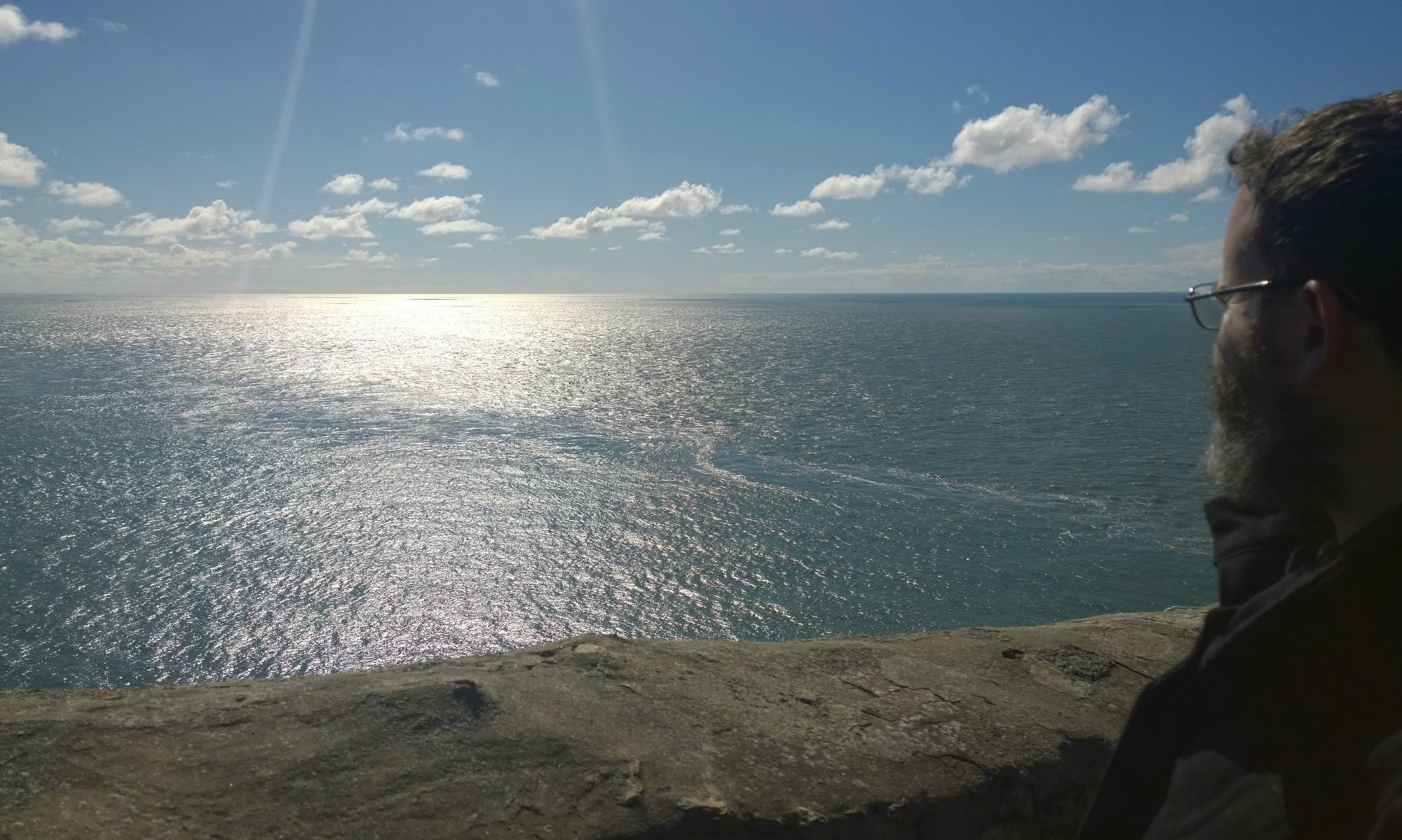Trump’s election marks a resurgence of nationalism in the US, not unlike other nationalist movements in Britain with Brexit and other places like Hungary. The main reason for this is what Trump calls “the forgotten man”.
Over the last few decades, we have seen a continuing march of trends that connect people from all over the world. Ideologically, the collapse of the Soviet Union helped open up societies all over the world to sharing ideas and trading. The internet has helped awaken people all over the world to their potentials for having a better life. All of these global trends have led to a massive rise in the living conditions of the poorest people in the world. Money has flowed out of the developed world and into the developing world and living standards have hugely improved overall. But, while this has happened, by a combination of ever extending automation and the relocation of manufacturing to places where labour is cheaper, one group has lost out and seen their standard of living stagnate and drop. These are the low skilled and semi-skilled workers in the developed world where new competition with what they offer has expanded fastest.
Though it may seem tempting to appeal to a protective nationalist approach, it will only work well if there is a cultural change away from claiming entitlements towards seeking genuine competitive advantage by making workers more productive.
For the last few centuries the West has been keeping itself competitive in trade by imperial domination. Countries that were a threat because of their capacity to produce what people actually find useful have been targeted by all kinds of political and military means to block their progress. This way of “working” has become quite ingrained. The constant military interventionism and threat of it has been effective. However, the quiet busy work of people all over the world continues to threaten their economic and military domination. China, working with Russia have huge resources in raw materials and the people to turn them into what people need. So they are the subject of much targeted destabilisation. The Muslim world gets caught in the middle of this battle as we see in the proxy war being fought in Syria. Before that it was Iran/Iraq, Afghanistan, Bosnia, Chechnya. Always, Muslims were recruited to fight for the West against the geopolitical foe of the big players in China and Russia. Before that the Arabs were instigated by the British to fight the Ottomans.
Many people see the current situation in Syria as a front line in a third world war. It could still happen. It only takes one provocation to work – we live in dangerous times because of it.
Terrorism is one critical little piece in the puzzle. It is used to carry out provocations. It is done in ways that can be disowned by the big powers, often with false flags but always done for them. It is the match that sets the whole fire of war going.
The “war on terror” has been a fraud from the start, we now see this with the US openly supporting Al-Qaeda in Syria, just as they did in Afghanistan. Its real target has been to serve broader strategic aims: to control resources, and global trade and try to ensure Western military and economic dominance of them.
To a large extent the recent rise of nationalism in the western world, is a reaction to the realisation of this fraud. As such it should be seen as a healthy rejection against such hypocrisy.
If wars require deceptions, then preventing wars is done by exposing and rejecting those deceptions.
If one thing is learnt from Trump’s victory, it is that what passed for mainstream media has been full of deception, and its role and the agendas behind it have been exposed.
Thank God!
